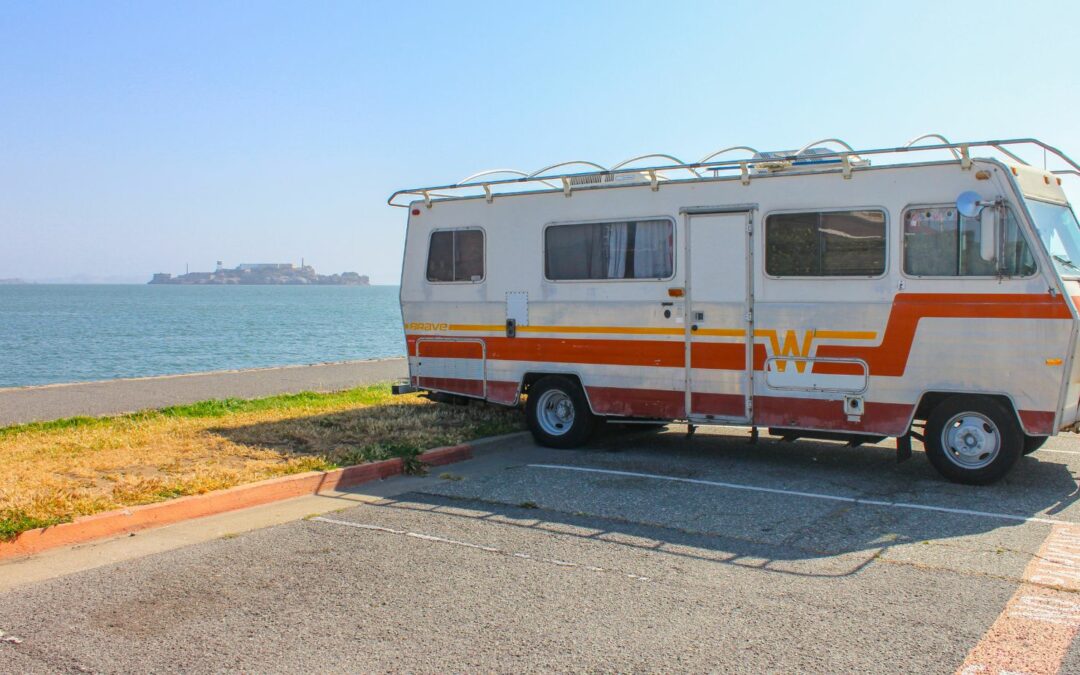Trailers are crucial in various industries, from transportation and logistics to recreation and agriculture. Whether hauling goods, moving furniture, or enjoying a weekend camping trip, understanding the essential trailer parts ensures a smooth and safe journey. This comprehensive guide will delve into the key components that make up a trailer, their functions, and maintenance tips to keep your trailer in optimal condition.
The Basics of Trailers
Trailer Types
- Trailers come in various types, each designed for specific purposes. Common types include utility, enclosed, flatbed, and travel trailers. Understanding the intended use of your trailer is the first step in selecting the right components.
Trailer Classifications
- Trailers are categorized into different classes based on their weight-carrying capacity. Classes range from lightweight trailers (Class I) to heavy-duty trailers (Class V). Matching your trailer to the appropriate class ensures safe towing.
Frame and Chassis Components
Main Frame
- The main frame is the backbone of the trailer, supporting the entire structure. It is typically made of steel and must be sturdy enough to handle the load. Regular inspections for rust, cracks, or weld integrity are crucial.
Axles
- Axles bear the weight of the trailer and its cargo. They come in various configurations, including single, tandem, and triple axles. Understanding axle capacity and proper alignment is vital for even weight distribution and stability during towing.
Suspension Systems
- Suspension systems, such as leaf springs or torsion axles, contribute to a smoother ride by absorbing shocks and vibrations. Regular maintenance involves checking for wear, lubricating moving parts, and replacing damaged components.
Towing Components
Hitch Systems
- Hitches connect the trailer to the towing vehicle. Common types include ball hitches, fifth-wheel hitches, and gooseneck hitches. Choosing the right hitch for your trailer and car is crucial for safe towing.
Safety Chains
- Safety chains provide an additional layer of security by connecting the trailer to the towing vehicle. Proper installation and adjustment are essential to prevent accidents in a hitch failure.
Braking Systems
- Trailers may have different braking systems, such as surge, electric, or hydraulic brakes. Regular inspections and maintenance ensure effective braking and compliance with safety regulations.
Wheels and Tires
Tires
- Proper tire maintenance is crucial for safe towing. This includes regular checks for tread wear, inflation pressure, and overall condition. Understanding load ratings and replacing tires when necessary is essential.
Wheel Bearings
- Wheel bearings enable smooth wheel rotation. Regular inspection and repacking with grease are necessary to prevent overheating and premature wear.
Lighting and Electrical Components
Tail Lights and Markers
- Proper lighting is essential for visibility and safety. Regularly check and replace bulbs, ensuring all lights are functional. Reflectors and markers enhance visibility, especially during nighttime towing.
Wiring and Connectors
- A well-maintained electrical system is crucial for trailer operation. Inspect wiring for damage, secure connections, and check the functionality of brake lights, turn signals, and other electrical components.
Cargo Control and Safety Devices
Cargo Tie-Downs
- For cargo trailers, proper tie-downs are essential to secure the load. Inspect straps, chains, and other tie-down mechanisms regularly to ensure they can withstand the load and provide secure fastening.
Trailer Jacks
- Trailer jacks are crucial for stabilizing the trailer when not attached to the towing vehicle. Regular lubrication and inspection prevent jack failure during loading and unloading.
Routine Maintenance and Inspection
Regular Checks
- Establish a routine maintenance schedule, including checks for frame integrity, tire condition, brake functionality, and lighting systems. Regular inspections identify potential issues before they escalate.
Lubrication
- Proper lubrication of moving parts, such as axles, bearings, and trailer jacks, reduces friction and extends the lifespan of components. Use recommended lubricants and follow manufacturer guidelines.
Cleaning and Rust Prevention
- Clean the trailer regularly to remove dirt, grime, and corrosive substances. Apply rust-resistant coatings to prevent corrosion and extend the life of the trailer frame and components.
Couplers and Locking Mechanisms
Couplers
- Couplers are the connection point between the trailer and the towing vehicle. Choose a coupler that matches your hitch type, ensuring a secure attachment. Regular inspections should include checking for any signs of wear, rust, or damage to the coupler.
Locking Mechanisms
- Some trailers have locking mechanisms to secure the coupler and prevent accidental detachment. Ensure that locking mechanisms are in good condition and engage properly to prevent any separation during transit.
Spare Tire and Mounting
Spare Tire
- Carrying a spare tire is essential for long journeys. Ensure that the spare tire is properly inflated and its condition matches the other tires. A well-maintained spare tire can be a lifesaver in case of a flat or blowout.
Mounting
- Check the mounting system for the spare tire, ensuring it is secure and easily accessible. Regularly inspect the mounting hardware for rust and corrosion and lubricate moving parts to facilitate quick tire changes when needed.
Fenders and Mudflaps
Fenders
- Fenders protect the trailer and its cargo from debris and road spray. Inspect fenders for damage and ensure they are securely attached. Damaged fenders should be repaired or replaced to maintain the trailer’s aesthetics and protect against corrosion.
Mudflaps
- Mudflaps are crucial for preventing debris from being thrown onto the road and reducing the risk of accidents and damage to other vehicles. Ensure that mudflaps are properly installed and in good condition.
Battery and Breakaway System
Battery
- Trailers with electric brakes may have a dedicated battery to power the braking system. Regularly check the battery’s charge level and replace it if necessary to ensure the brakes function properly in emergencies.
Breakaway System
- A breakaway system is a safety feature that engages the trailer brakes if it becomes detached from the towing vehicle. Test the breakaway system regularly to ensure it activates as intended, providing additional safety during towing.
Weight Distribution Systems
Weight Distribution Hitches
- For trailers with uneven weight distribution, weight distribution hitches can help balance the load. These systems enhance stability and control during towing, especially for larger trailers. Follow manufacturer guidelines for proper installation and adjustment.
Anti-Sway Devices
- Anti-sway devices, such as sway bars, reduce lateral movement and improve towing stability. Regularly inspect and adjust these devices to ensure they function correctly, especially when towing in challenging conditions or high winds.
Electronic Brake Controllers
Brake Controller Calibration
- An electronic brake controller in the towing vehicle is essential if your trailer has electric brakes. Calibrate the brake controller to match the trailer’s weight and braking requirements, ensuring smooth and proportional braking.
Emergency Brake Override
- Ensure that the electronic brake controller has an emergency brake override feature. This allows the driver to activate the trailer brakes in emergencies manually, providing additional control during sudden stops.
Conclusion
A thorough understanding of essential trailer parts is vital for ensuring the safety and reliability of your trailer. Regular maintenance, proper loading practices, and adherence to safety regulations contribute to a trouble-free towing experience. Whether you’re a seasoned hauler or a first-time trailer owner, this comprehensive guide is a valuable resource for keeping your trailer in optimal condition and ensuring a smooth journey every time.





